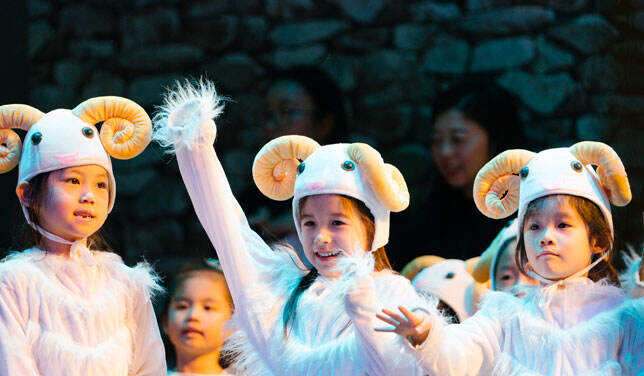Insights | Developing independence in children
2019-01-23
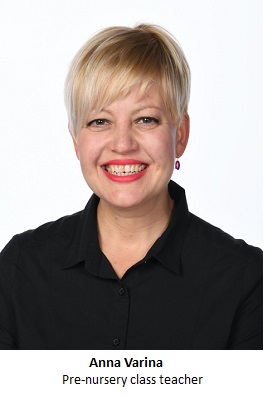 Being both an early years teacher and a parent, I believe that being independent is one of the most important Wellington identities, as it greatly influences children’s learning and overall development.
Being both an early years teacher and a parent, I believe that being independent is one of the most important Wellington identities, as it greatly influences children’s learning and overall development.
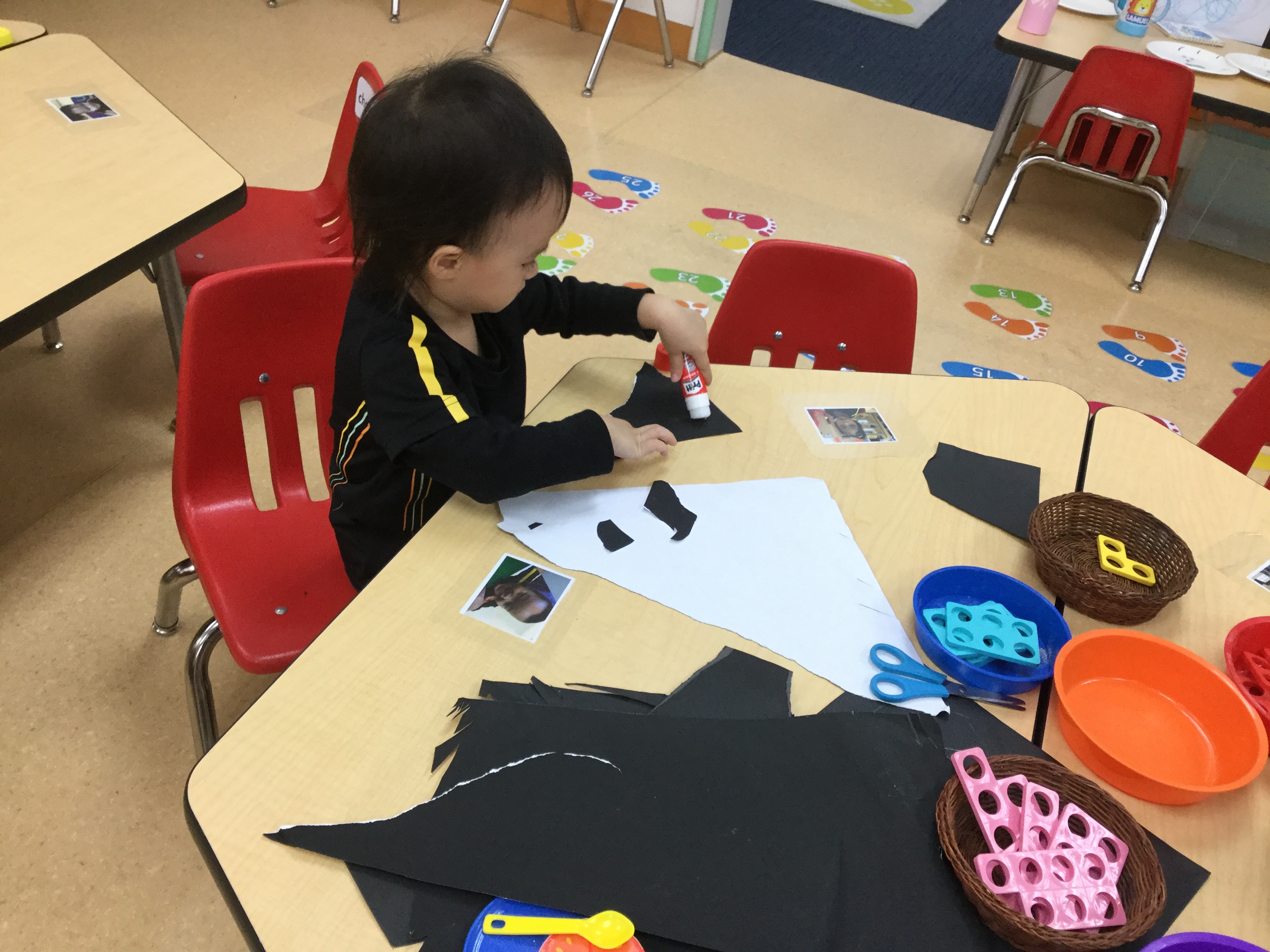 Early years teachers value many different characteristics of effective learning in young children. The following are just some of the capabilities that we aim to instil, as they are closely linked to the concept of independence:
Early years teachers value many different characteristics of effective learning in young children. The following are just some of the capabilities that we aim to instil, as they are closely linked to the concept of independence:
- Showing a 'can do' attitude.
- Taking risks, engaging with new experiences, and learning by trial and error.
- Persisting with activities even when difficult challenges occur.
- Showing a belief that more effort or a different approach will pay off.
- Bouncing back after experiencing difficulty.
- Planning and making decisions about how to approach a task, solve a problem and reach a goal.
- Changing strategies as needed.
- Reviewing how well an approach has worked.
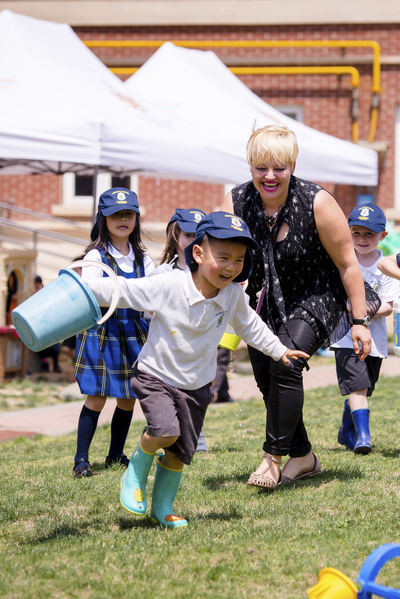 Developing independence starts when children are very young. As parents, we want to care for our children and do our best to always keep them safe, comfortable and happy. However, it is very easy to do too much for a child, all with the best intentions, of course.
Take the simple example of a young child learning to put their shoes on. A parent can see that the child has done it incorrectly and quickly puts the shoes on for them, the right way. However, the child has not been given a chance to learn what it feels like to have the shoes on the wrong way, to feel the discomfort. How can a child learn what the right way feels like without knowing what the wrong way feels like?
Developing independence starts when children are very young. As parents, we want to care for our children and do our best to always keep them safe, comfortable and happy. However, it is very easy to do too much for a child, all with the best intentions, of course.
Take the simple example of a young child learning to put their shoes on. A parent can see that the child has done it incorrectly and quickly puts the shoes on for them, the right way. However, the child has not been given a chance to learn what it feels like to have the shoes on the wrong way, to feel the discomfort. How can a child learn what the right way feels like without knowing what the wrong way feels like?
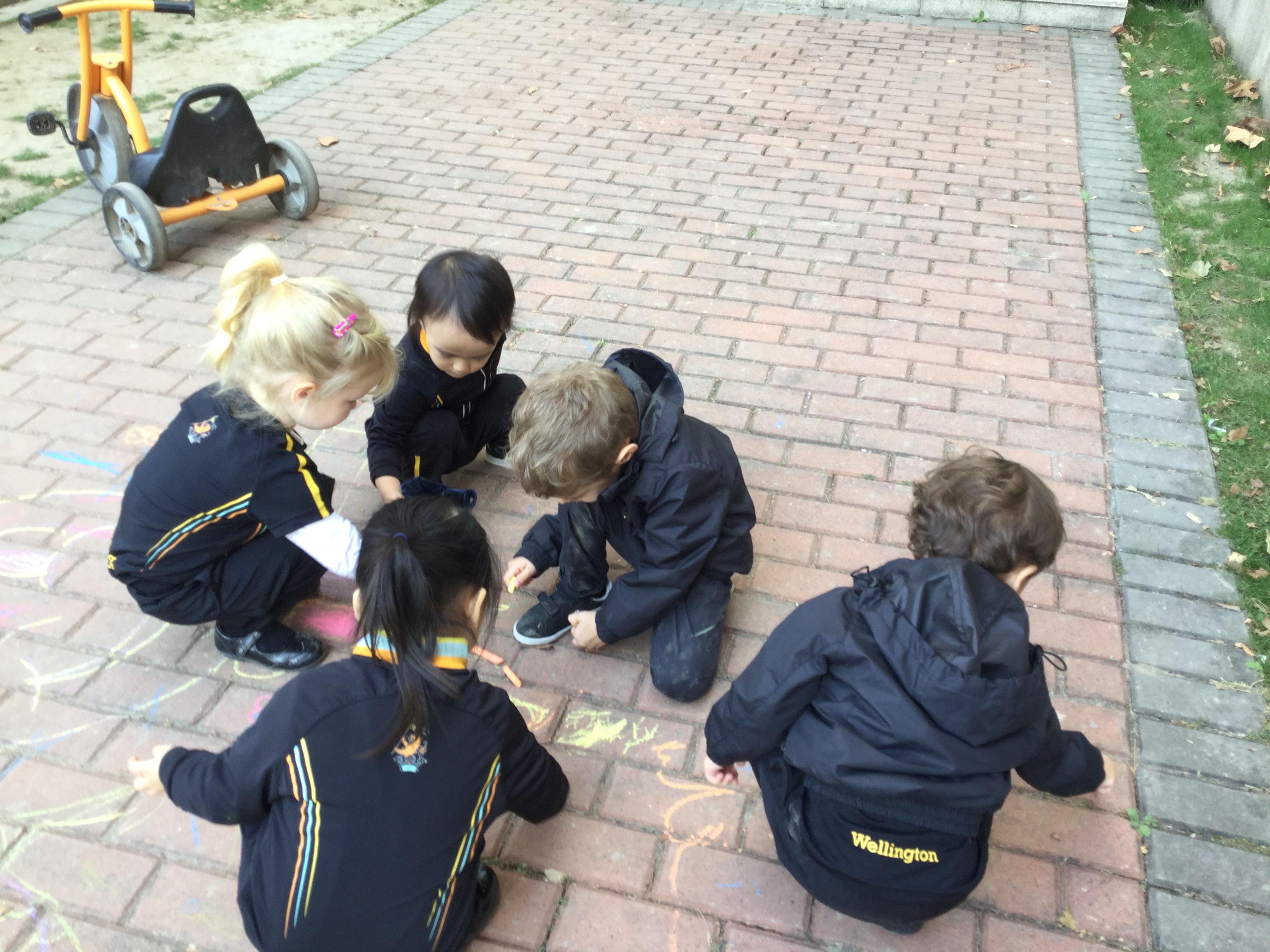 Getting dressed independently is a crucial skill for young children to develop. Firstly, it helps them develop muscle strength in their arms and shoulders to hold a pen and write. Getting dressed also requires the child to remember where their clothes are and which items of clothing to put on in what order. While this might seem like an easy, almost trivial task for an adult, it genuinely does wonders for improving a child’s memory, logical thinking and physical development. This goes for all manner of basic tasks, such as washing their hands, packing and carrying their own bag, and so on.
Getting dressed independently is a crucial skill for young children to develop. Firstly, it helps them develop muscle strength in their arms and shoulders to hold a pen and write. Getting dressed also requires the child to remember where their clothes are and which items of clothing to put on in what order. While this might seem like an easy, almost trivial task for an adult, it genuinely does wonders for improving a child’s memory, logical thinking and physical development. This goes for all manner of basic tasks, such as washing their hands, packing and carrying their own bag, and so on.
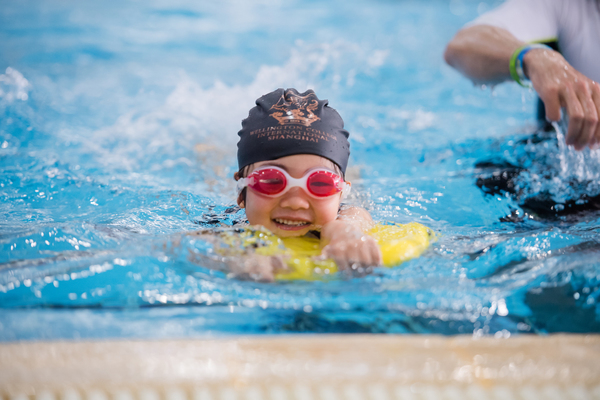 If a child has everything done for them by well-meaning adults, they lose out on critical opportunities to develop their self-confidence. Furthermore, when adults have the patience to allow children to do things for themselves, to try, to make mistakes, to fail, they show that child that they believe in them. The child will then feel empowered, confident in their own ability to tackle difficulties. This is the type of learner we aim to develop at Wellington.
If a child has everything done for them by well-meaning adults, they lose out on critical opportunities to develop their self-confidence. Furthermore, when adults have the patience to allow children to do things for themselves, to try, to make mistakes, to fail, they show that child that they believe in them. The child will then feel empowered, confident in their own ability to tackle difficulties. This is the type of learner we aim to develop at Wellington.
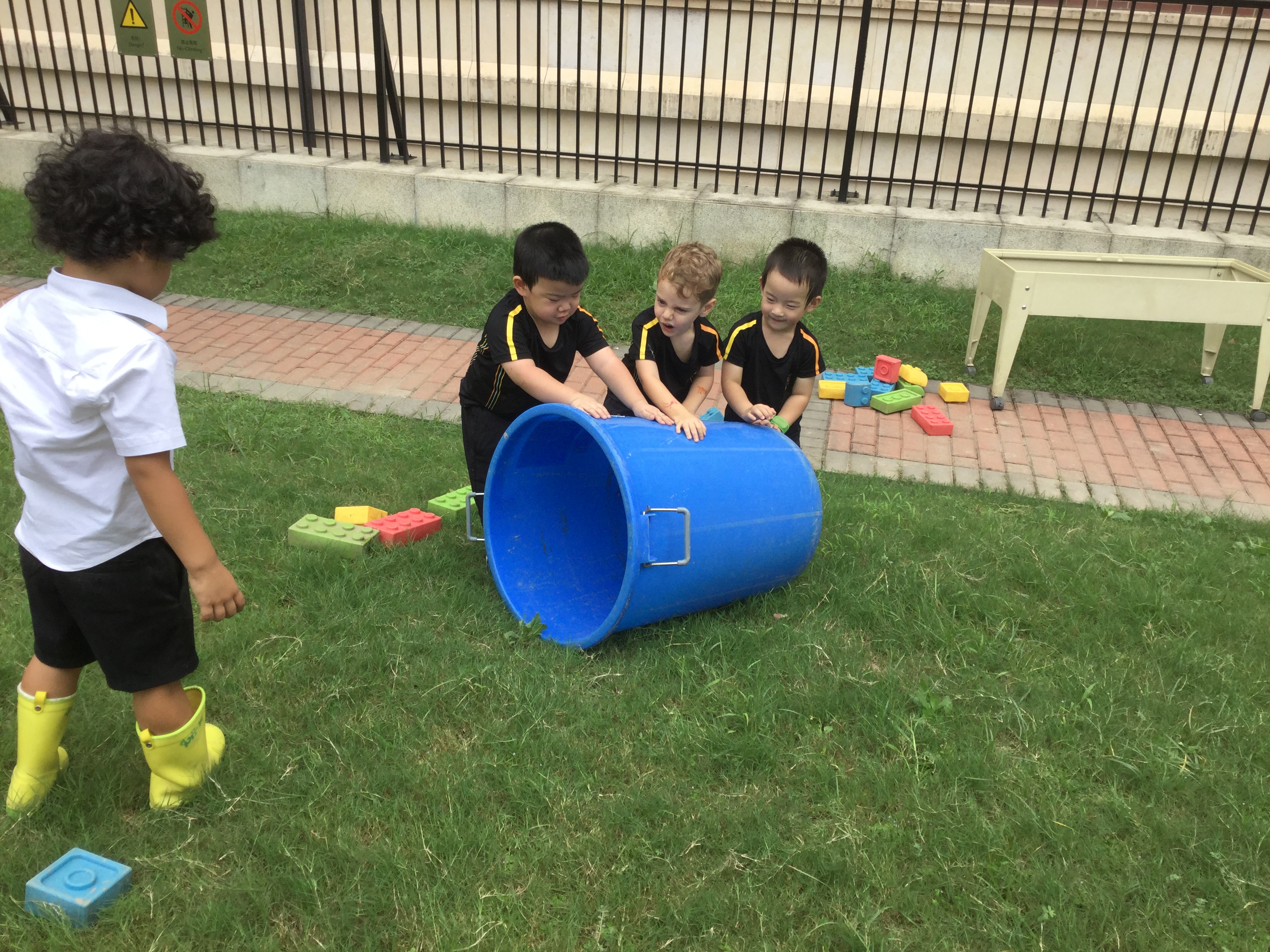 To briefly outline what we see as showing sufficient independence, here are some examples of what young children are expected to be doing at various ages. In pre-nursery, from the age of two years old, children are expected to:
To briefly outline what we see as showing sufficient independence, here are some examples of what young children are expected to be doing at various ages. In pre-nursery, from the age of two years old, children are expected to:
- Use a fork and spoon to eat with
- Eat by themselves
- Eat a variety of foods, including meat, fish, vegetables and fruit
- Drink from a cup
- Put their rubbish in the bin
- Walk into and out of school without being carried
- Play by themselves and with others when constructing a train track, building with blocks or ‘cooking’ in the home corner
- Settle themselves after becoming upset
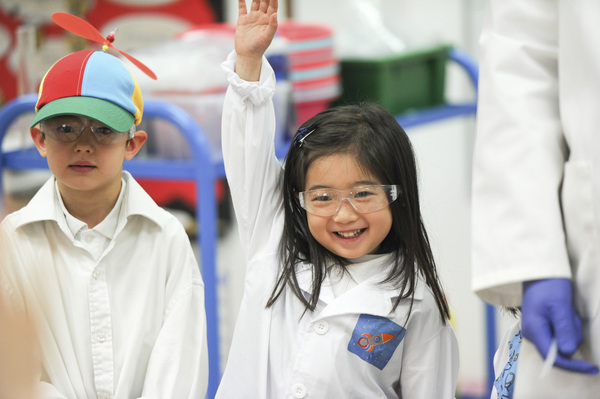 Nursery and reception children, aged 3-5, are expected to:
Nursery and reception children, aged 3-5, are expected to:
- Carry their own bag into and out of school
- Look after things in their classroom
- Use a fork/spoon independently and begin to use a knife
- Eat a variety of foods and be willing to try new foods
- Sit and look at a book by themselves
- Can hold mark-making tools using a tripod grip
- Can hold and use items such as pencils and scissors, with a reasonable degree of control
- Settle themselves after becoming upset
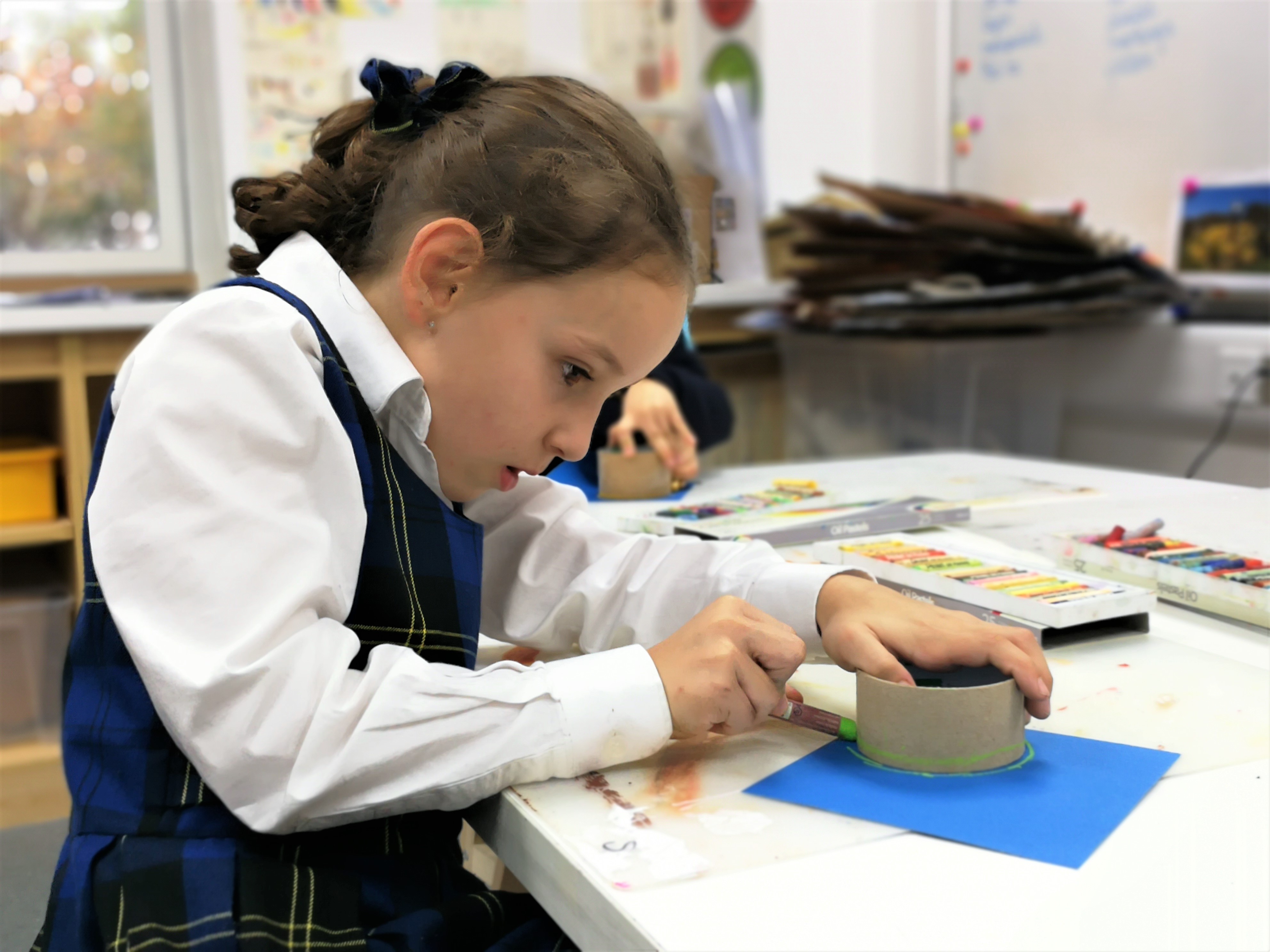 As teachers, we work very hard to encourage these various forms of independence early on in the children’s development so that they can successfully tackle greater challenges independently in their future studies and later lives. We ask them to look after their own and each other’s property, tidy up, hand in prep on time, carry their own bags, and be ready for lessons. Parents can support us by doing the same at home.
At Wellington, we aim to ensure that our pupils can become the best adults they can be. Independence, resilience, effective decision making, perseverance – these are the skills that can help our children prepare themselves for whatever the future holds for them.
More relevant articles :
As teachers, we work very hard to encourage these various forms of independence early on in the children’s development so that they can successfully tackle greater challenges independently in their future studies and later lives. We ask them to look after their own and each other’s property, tidy up, hand in prep on time, carry their own bags, and be ready for lessons. Parents can support us by doing the same at home.
At Wellington, we aim to ensure that our pupils can become the best adults they can be. Independence, resilience, effective decision making, perseverance – these are the skills that can help our children prepare themselves for whatever the future holds for them.
More relevant articles :
相关资讯

多彩校园,卓越之路:惠灵顿奖学金获得者Melody的故事2025-03-07
音乐成为Melody一生的挚爱,这并不令人意外。早在四岁时,她就被父亲——一位技艺精湛的制琴师——手工制作小提琴的过程深深吸引。在与钢琴老师合奏小提琴的经历中,她逐渐领悟到五线谱上的每一个音符都蕴含着独特的个性。 这段视频讲述了一个关于坚持、奉献和追求卓越的故事。让我们一起聆听Melody的分享,探究为何每个声音都如此重要且独一无二。 对话Melody——惠灵顿艺术类奖学金获得者(音乐)“每一个
点击阅读

惠灵顿Ingenium Lions队在ACAMIS乐高联赛中大放异彩2025-02-27
上海惠灵顿Ingenium Lions机器人队在上周的ACAMIS(中蒙国际学校协会)地区乐高联赛中表现非凡,一举斩获三项大奖! 我校7至9年级的学生参加了FLL挑战赛,该挑战赛要求参赛选手设计乐高Spike Prime科创套装机器人并进行编程,他们需在两分半钟内完成原本需要15分钟的任务。挑战赛今年的主题是“水下生命”,学生们必须围绕复杂的水下生态系统进行改动和创新。 尽管面临着工程领域的重重
点击阅读

不要错过上海惠灵顿第二届舞蹈表演"Connecting eMotions."2025-04-17
诚邀您参加 5 月 8 日的 “Connecting eMotions”--我校的第二届舞蹈表演! 我们将隆重推出 “Connecting eMotions”,这是来自舞蹈资优学生项目和舞蹈辅助课程教学活动的学子们联袂献上的第二场表演。 今年的主题是颂扬连结的力量--既有情感上的,也有合作上的。我们的舞者通过团队协作共同创造出充满活力的作品,不仅视觉效果震撼,而且内涵丰富。在此过程中,他们培养了
点击阅读








